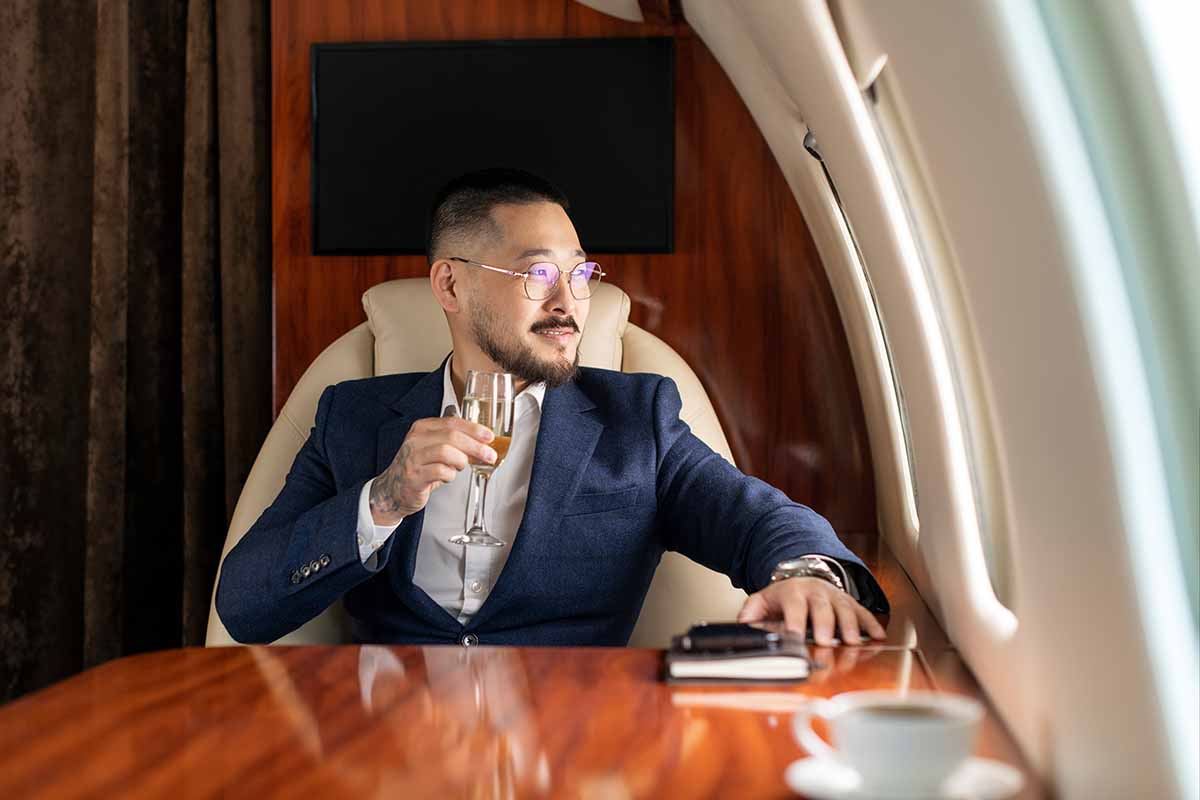
The luxury traveler is getting younger and is more willing to spend larger shares of their wealth on upscale trips. Learn about the changing face of luxury travel.
The luxury traveler has changed, according to a recent report from McKinsey. Demand for luxury tourism and hospitality is expected to grow faster than any other segment in the industry, as outlined in “The State of Tourism and Hospitality 2024” report. This surge is driven by a sharp rise in the number of people globally with net worths between $1 million and $30 million and an expanding base of travelers with less money but luxury aspirations. These travelers are generally younger and willing to spend larger shares of their wealth on upscale trips.
McKinsey surveyed more than 5,000 luxury travelers (defined as those who spend, on average, $500 or more per night on lodging) in China, Germany, the United Arab Emirates, the United Kingdom, and the United States about their preferences, plans, and expectations. Findings from the survey and input from industry experts suggest that some common perceptions about luxury travelers might be due for reassessment.
Insights on the new luxury traveler
Reexamining perceptions of wealth and age
Wealth Distribution: The luxury travel market is expanding beyond the ultra-wealthy. While individuals with net worths between $1 million and $30 million continue to dominate, there is significant growth among travelers with net worths between $100,000 and $1 million. These “aspiring luxury travelers” are younger and increasingly willing to spend larger shares of their wealth on upscale travel options.
Age demographics: Contrary to the perception that luxury travelers are predominantly older, 80% of the market is made up of people under 60. Spending peaks between ages 40 and 60, and younger travelers are showing an increasing willingness and ability to spend at luxury levels.
Preferences and behaviors
Travel motivations: A luxury traveler prioritizes novel experiences, cultural immersion, and authenticity. They are more likely to seek new destinations and unique experiences, even within familiar types of vacations such as beach holidays or city breaks.
Luxury vs. traditional experiences: While luxury travelers are more inclined towards exotic and adventure-focused vacations, traditional luxury experiences like sunny beach getaways and relaxing retreats remain popular. Hotels and resorts should find ways to innovate within these traditional categories to maintain appeal.
Wellness trends: Wellness is a significant trend among luxury travelers. They now expect a holistic array of offerings, including fitness classes, health-focused menus, and mindfulness programming. There is also interest in learning about local health practices during their travels.
The traditional image of luxury, heavy on indulgence and pampering doesn’t appeal to everyone. Many luxury travelers are seeking out a different vibe these days and looking for ways to focus on their mental and physical health while traveling… Article continues at Book4Time.com…



